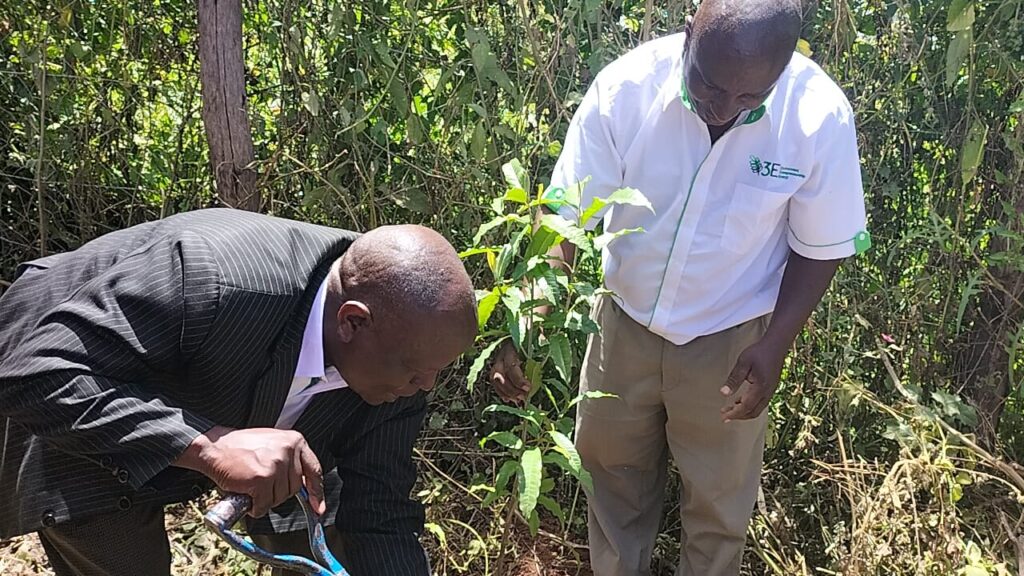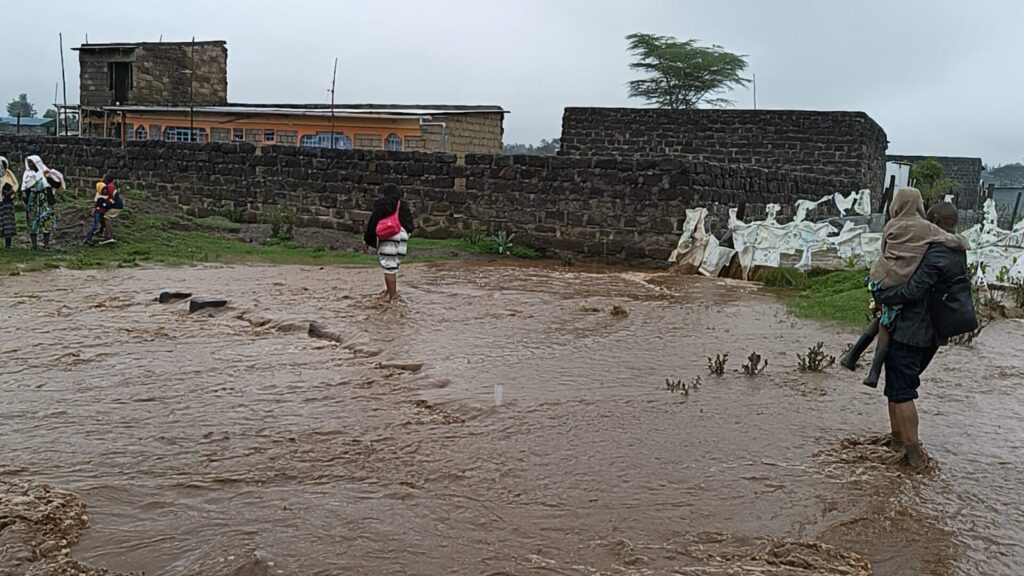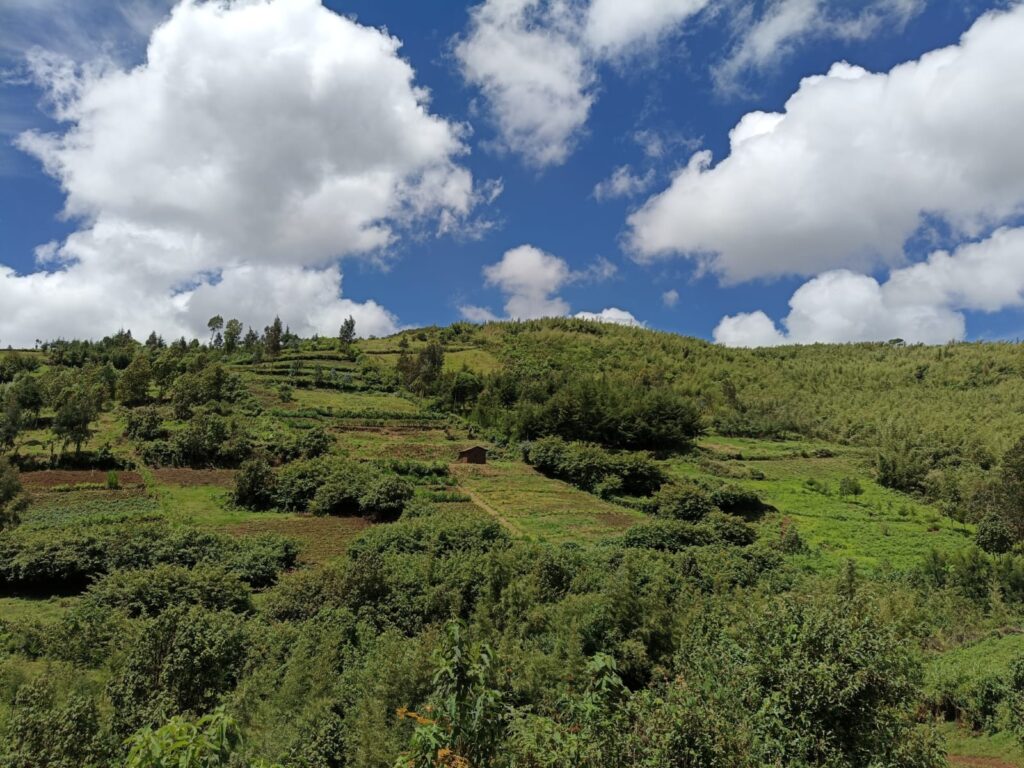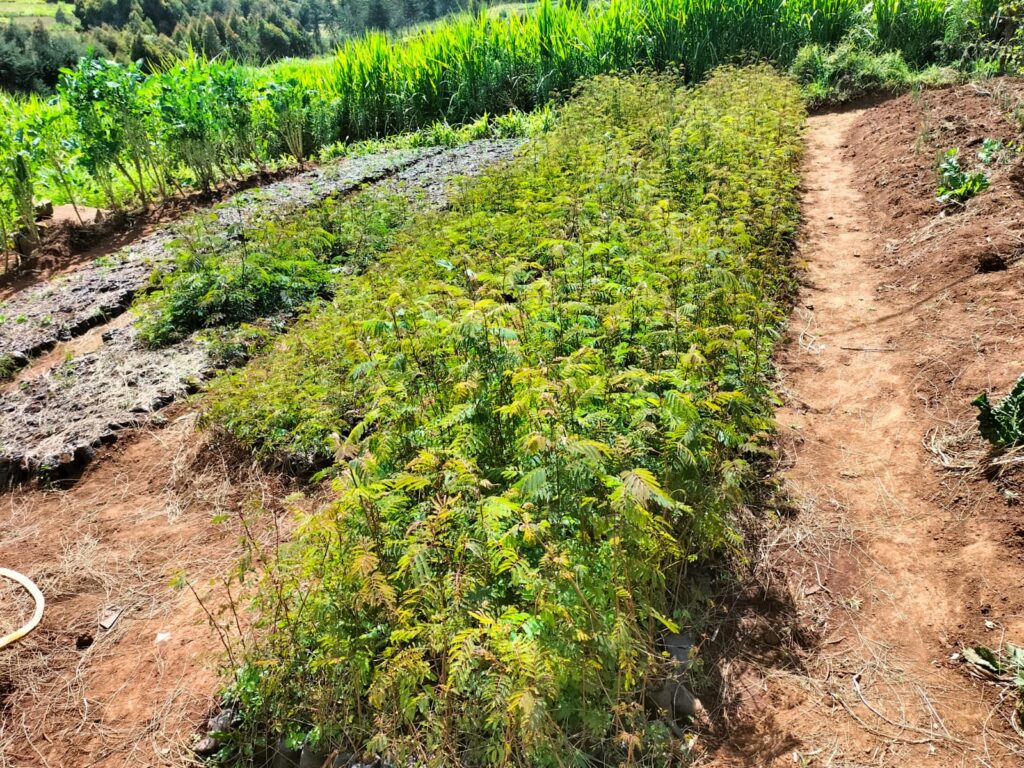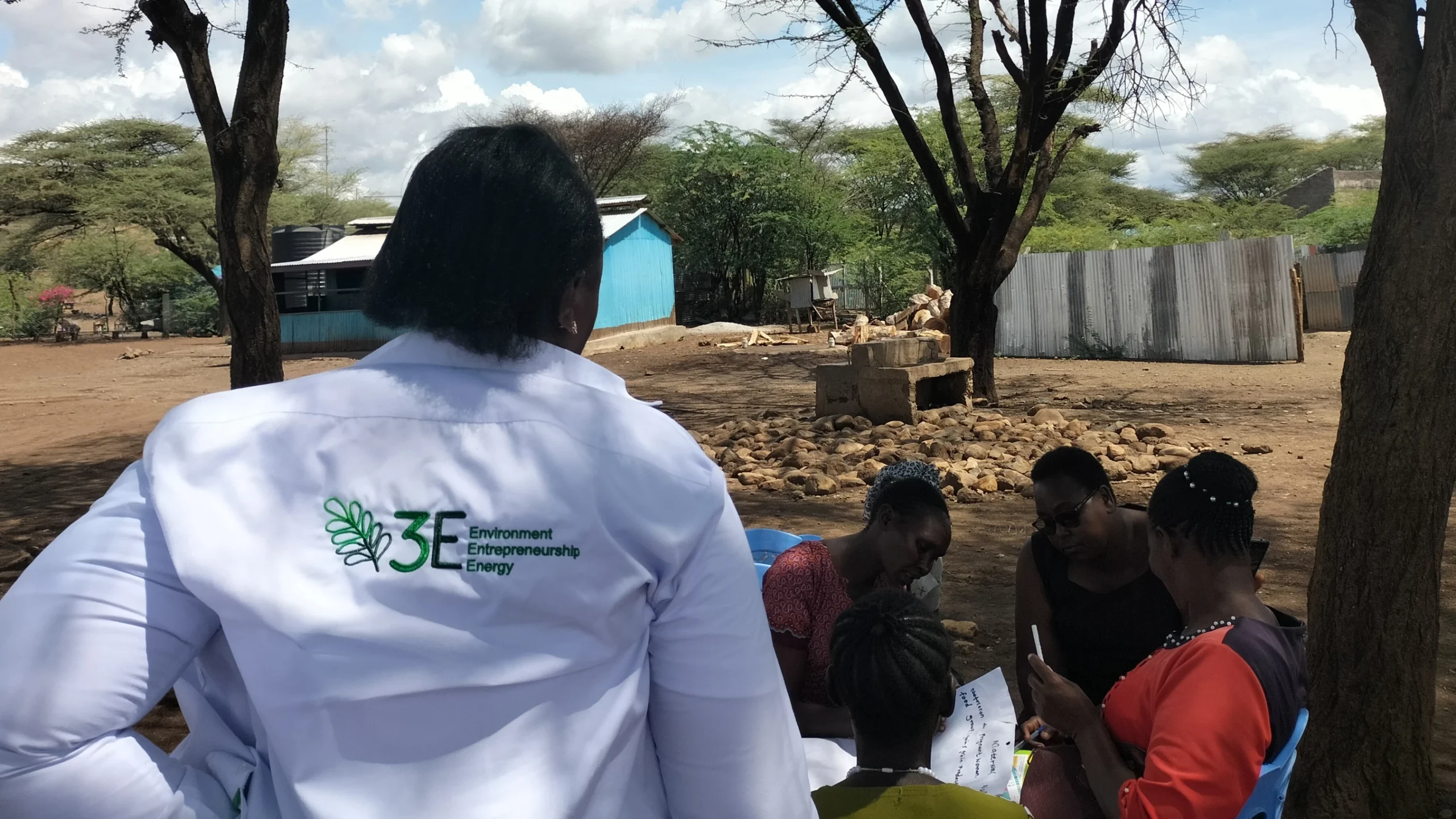The recent downpour, initially a welcome sight for parched farmland, has transformed into a nightmare for over 27 Kenyan counties. The longed-for rain has become relentless, causing devastating floods that bring a multitude of hardships. Homes are submerged, forcing people to evacuate. Roads become impassable, severing vital connections. Worst of all, floods claim lives. These raging waters are not just destructive; they are deadly.
While the floods are upon us, immediate action is crucial. Evacuate to safe areas as soon as possible, turn off electricity to prevent electrical hazards, and seek help by contacting emergency services and informing them of your situation. These efforts can lighten the adverse effects we are seeing.
We can’t control the weather, but we can mitigate the impact of floods. Human activities have significantly contributed to this disaster. Sand mining and deforestation weaken the natural barriers that hold back water, leading to increased flooding. Specifically, deforestation activities like cutting down trees for firewood or timber can worsen the situation. Additionally, poor waste disposal, especially prevalent in urban areas, leads to clogged drains that impede water flow and worsen flooding.
Baringo, a low-lying area, exemplifies the dangers of deforestation. The rampant destruction of trees for charcoal has led to heavy siltation in Lake Baringo. This, in turn, has caused the lake to overflow, devastating communities as far as 2.6 kilometres away. The 2019 floods serve as a stark reminder of the consequences of environmental neglect.
The solution lies in environmental responsibility. By planting trees, we can create extensive tree cover that prevents soil erosion and slows water runoff, reducing flood risk. Proper waste disposal is also crucial to avoid clogged drainage systems. Environmental conservation overall is vital for our well-being and future generations.
At 3E, we are committed to a greener tomorrow. We train our beneficiaries in sustainable farming practices that are environmentally friendly and economically beneficial. We also promote the use of renewable energy sources like solar and biogas, further safeguarding our environment.
The heavy rains may have brought initial hope, but they have served as a wake-up call. By adopting sustainable practices and protecting our environment, we can work towards a future where floods are not a cause for devastation, but a sign of a healthy ecosystem.
